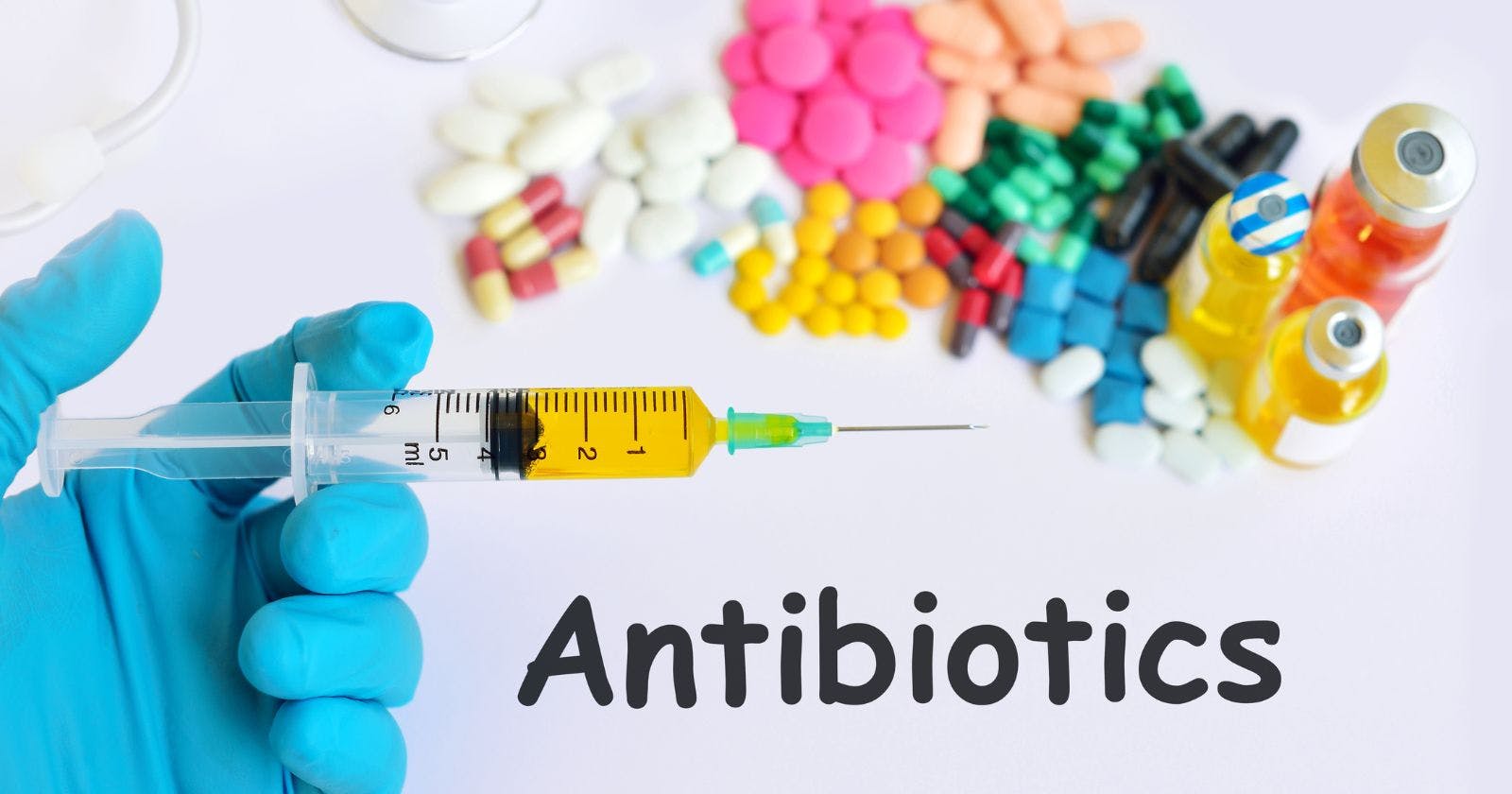Antibiotics are drugs that help to treat infections caused by bacteria. Doctors often prescribe antibiotics for infections including bronchitis, pneumonia, and urinary tract infections. These medicines kill the bacteria that are causing the infection. Antibiotics stop bacteria from multiplying or growing. These drugs only function when the person is having a bacterial infection. Antibiotics won’t help with infections caused by viruses. Antibiotics are divided into different groups or classes. These groups have different side effects. Some side effects are common and appear on most antibiotics. Meanwhile, some antibiotics can have uncommon side effects.
Common side-effects of antibiotics
Stomach upset: This is a very common side-effect of antibiotics. The person can have nausea, cramps, vomiting, diarrhea, etc. These side effects occur due to antibiotics such as macrolide antibiotics, penicillins, cephalosporins, etc. If you are getting these side effects often then you should visit a doctor. In case you are facing severe diarrhea with nausea, fever and blood in your stool then ask your doctor to change the antibiotics. If you often get side effects due to antibiotics then adopt homeopathy. Talk to a homeopathy doctor New York and get a good treatment. It is safe and does not cause any harmful side effects.
Fever: Fever can be a side-effect of various medicines including your antibiotics. It occurs due to an allergic reaction to the medicine. It can be caused due to any antibiotic including minocycline, cephalexin, beta-lactams, etc. If you are having a fever due to antibiotics then it usually goes away on its own. In case, it doesn’t go away after 24 hours then you should visit a doctor. Or, you can take OTC medicines to reduce the fever. But if you are having a high fever along with trouble breathing and skin rash then visit the hospital immediately.
Vaginal Yeast Infection: Antibiotics reduce helpful bacteria in the vagina. These helpful bacterias maintain a natural balance. But when the balance is interrupted, Candida yeast causes infection. Common symptoms of vaginal yeast infection are vaginal itching, soreness, redness, pain during sex, swelling around the vagina, rash, etc. If you are having vaginal yeast infection due to antibiotics then talk to a doctor. He will prescribe vaginal antifungal cream or ointment. You can find creams and ointments without any prescription. But if your vaginal yeast infection is severe then talk to the doctor. Sometimes, you can get an infection due to sex. Talk to your partner and use condoms to prevent any infection.
Tooth discoloration: Certain antibiotics like doxycycline and tetracycline can lead to permanent tooth staining mainly in kids. If a pregnant lady is taking the drugs then it may strain the child's primary teeth. You must talk to a doctor about antibiotics if you are pregnant. Look for other options that are not causing side effects to your child.
Severe side-effects of antibiotics
Allergic reactions: You can get allergic reactions from any kind of medicine. Most allergic reactions are mild but sometimes these reactions can be alarming. If you are allergic to certain antibiotics then you will get symptoms immediately. You can face symptoms like hives, trouble breathing, swelling in the throat, etc.
Blood reactions: Certain antibiotics can cause changes in the blood. Antibiotics such as leukopenia can reduce the number of RBCs that can increase infection. Another antibiotic known as thrombocytopenia is a low level of platelets that can cause bruising, bleeding, etc. You can’t prevent these types of reactions and the condition can get worse if your immune system is weak. If you see any serious bleeding that doesn’t stop then talk to your doctor.
Stevens-Johnson syndrome: SJS is a rare and serious disorder of skin and mucous membranes. It is a reaction that can occur due to any medicine. But it mainly occurs due to beta-lactams and sulfamethoxazole. SJS starts with simple symptoms such as sore throat or fever. Some people can also get blisters or painful rashes. Other symptoms of SJS are cough, skin pain, hives, etc. You can’t prevent this syndrome but can reduce the skin. People with weak immune systems can face this condition. If you are getting any SJS symptoms then visit the nearest emergency room.
Heart problems: Some antibiotics can lead to heart problems like low blood pressure and irregular heartbeat. Antibiotics like erythromycin and ciprofloxacin can cause heart-related problems. If you have any existing heart-related condition then you should talk to the doctor before taking antibiotics.
